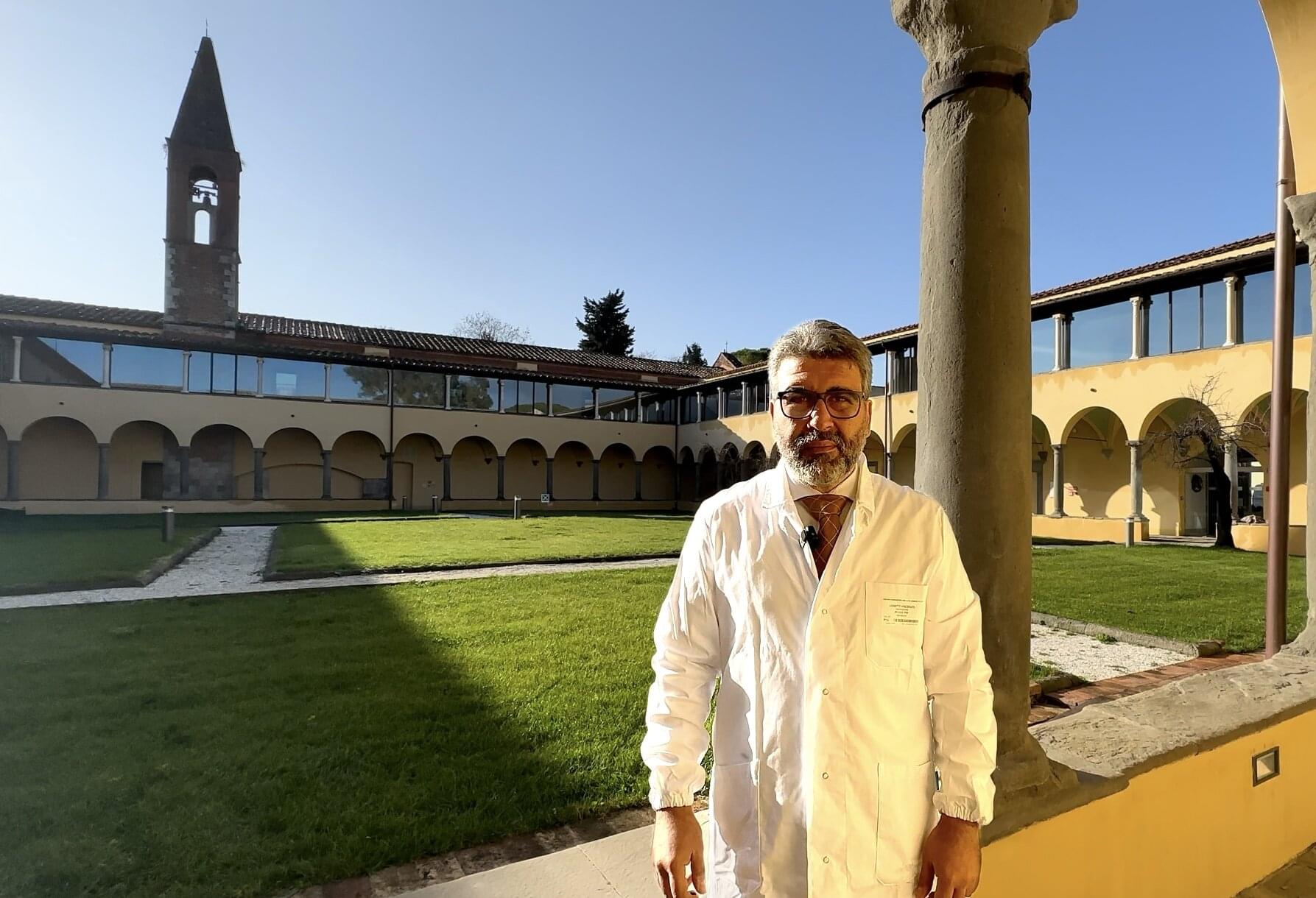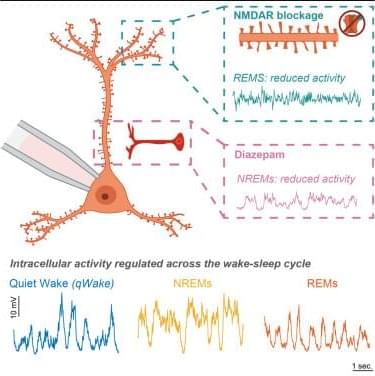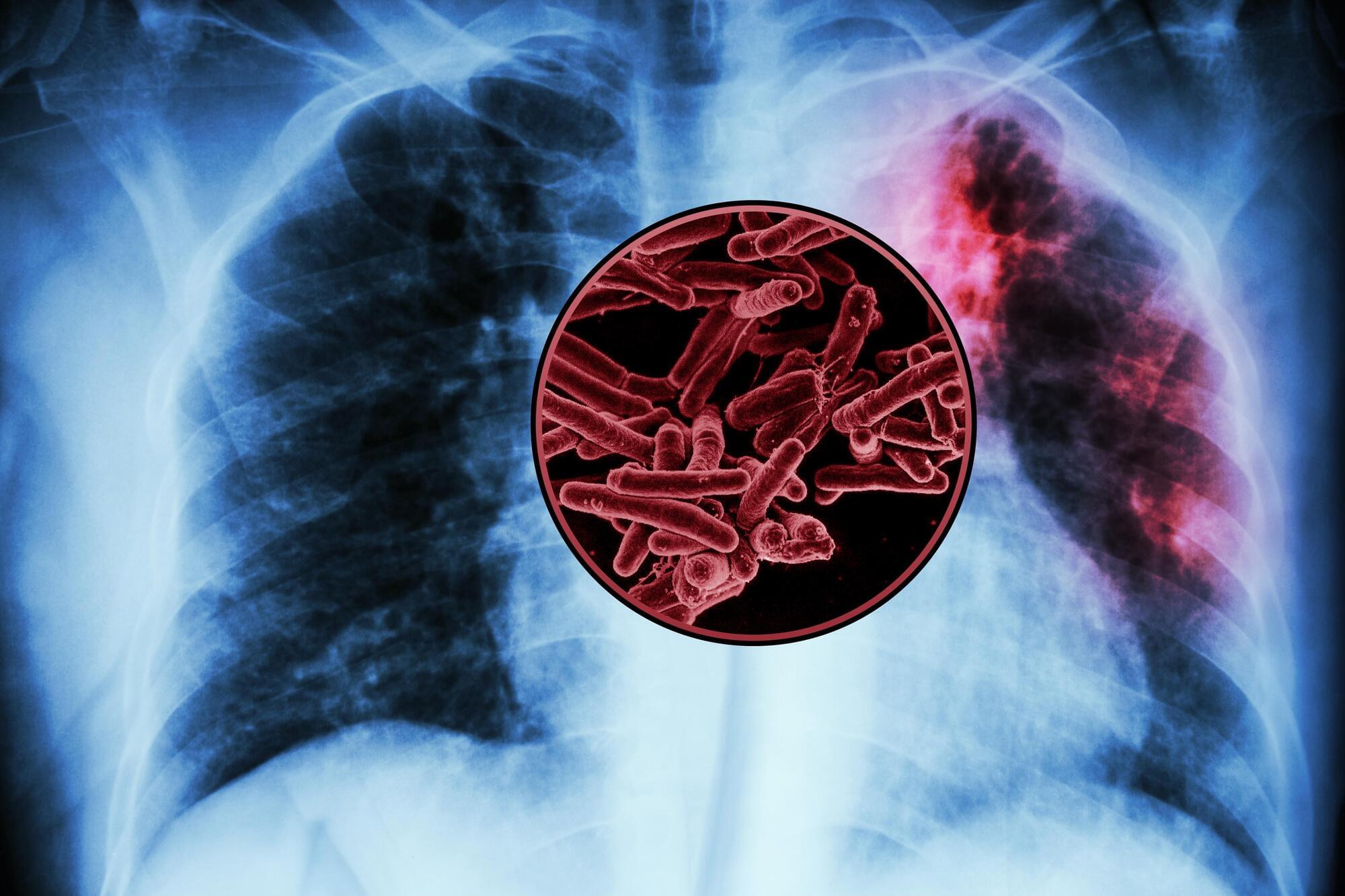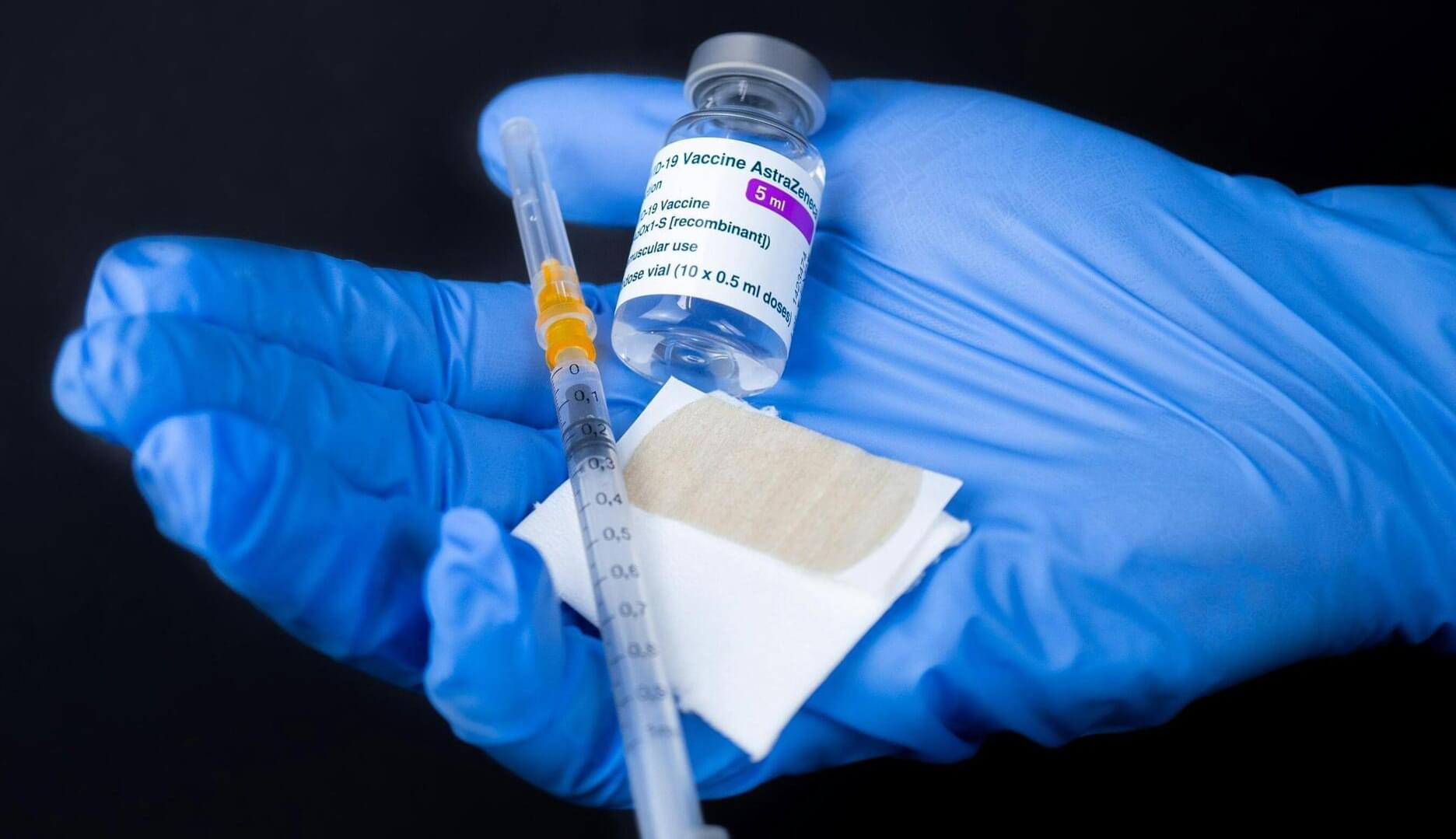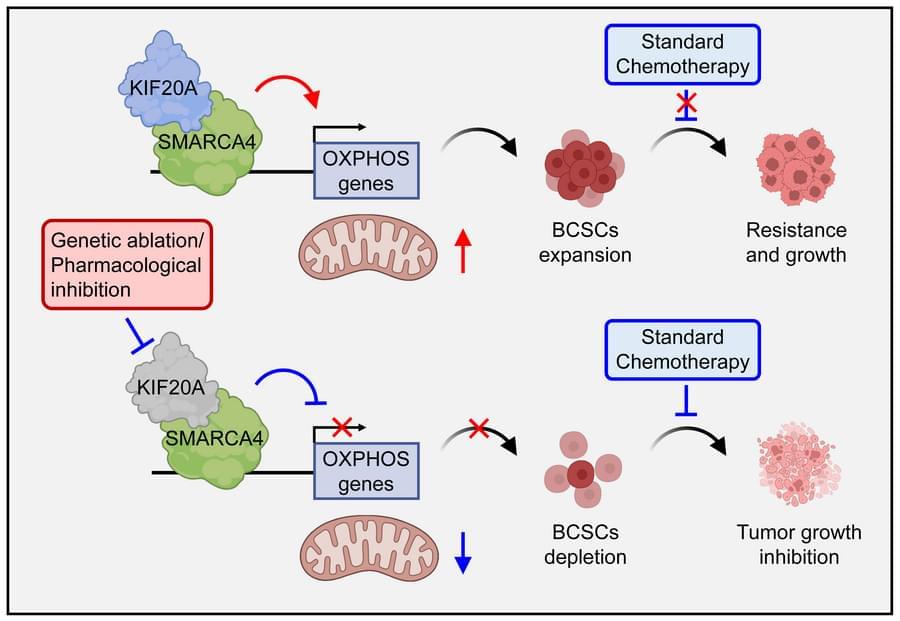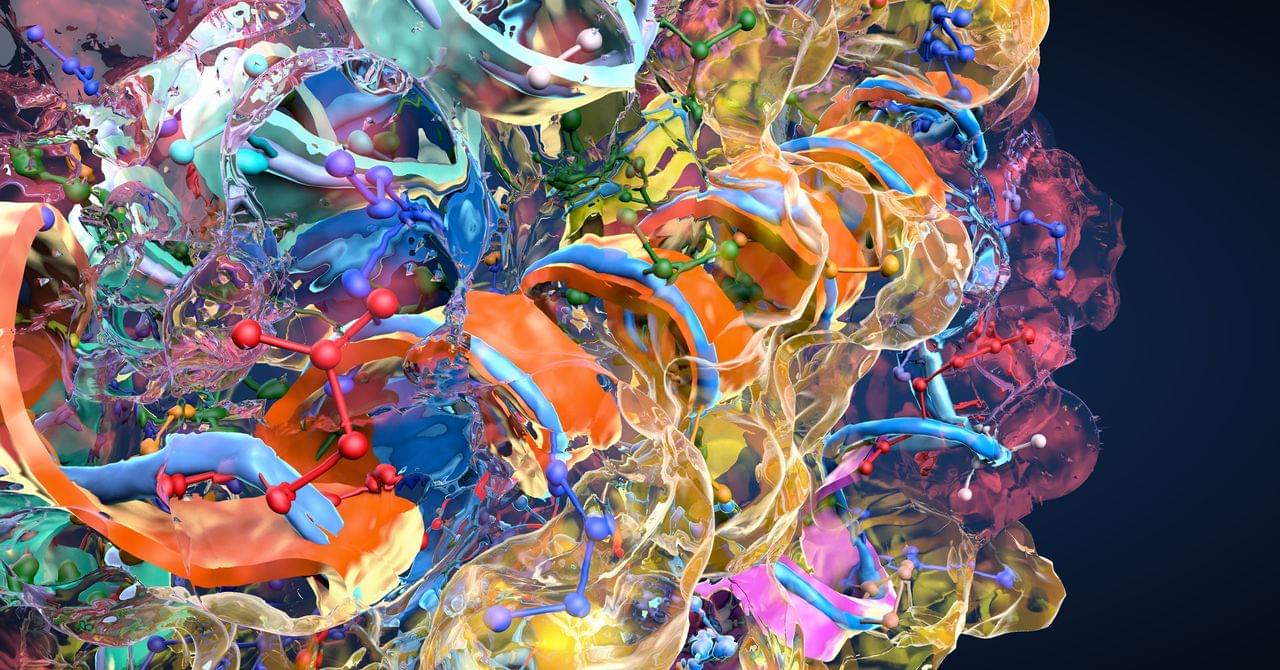The secret to a healthier and “younger” heart lies in the vagus nerve. A recent study coordinated by the Sant’Anna School of Advanced Studies in Pisa and published in Science Translational Medicine has shown that preserving bilateral cardiac vagal innervation is an anti-aging factor. In particular, the right cardiac vagus nerve emerges as a true guardian of cardiomyocyte health, helping to preserve the longevity of the heart independently of heart rate.
The study is characterized by a strongly multidisciplinary approach, integrating experimental medicine and bioengineering applied to cardiovascular research. Specifically, the research was led by the Translational Critical Care Unit (TrancriLab) of the Interdisciplinary Research Center Health Science, under the responsibility of Professor Vincenzo Lionetti, and by the laboratory of the Biorobotics Institute led by Professor Silvestro Micera, which contributed to the development of the bioabsorbable nerve conduit used to facilitate vagal regeneration.
The study involved a broad network of Italian and international institutions of excellence, including the Scuola Normale Superiore, the University of Pisa, the Fondazione Toscana G. Monasterio, the Institute of Clinical Physiology of the CNR, the University of Udine, GVM Care & Research, Al-Farabi Kazakh National University, the Leibniz Institute on Ageing in Jena and the École Polytechnique Fédérale de Lausanne.
